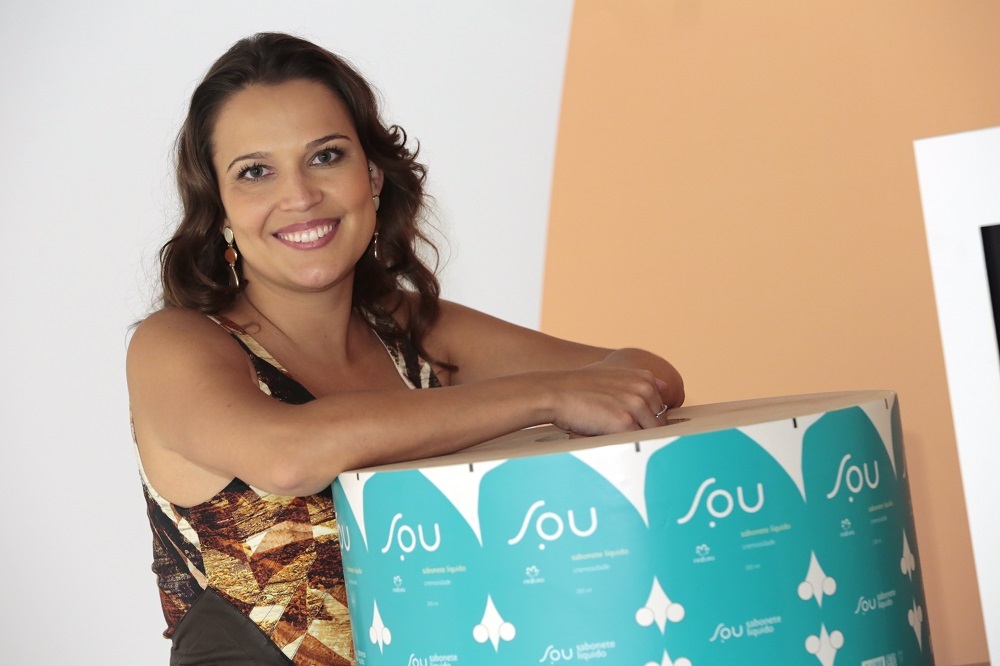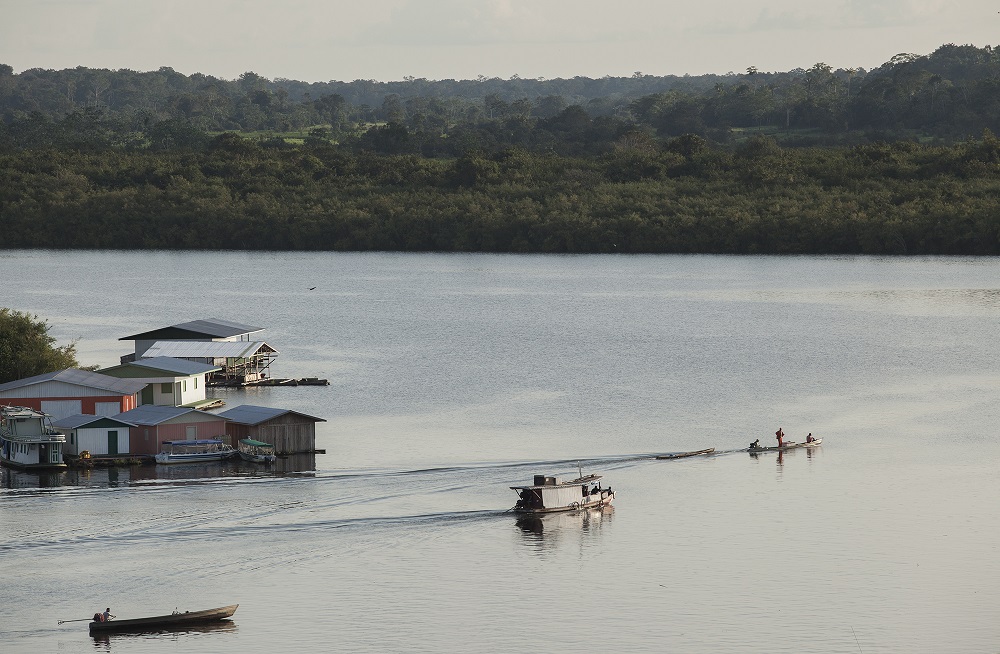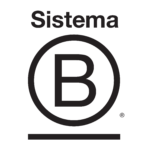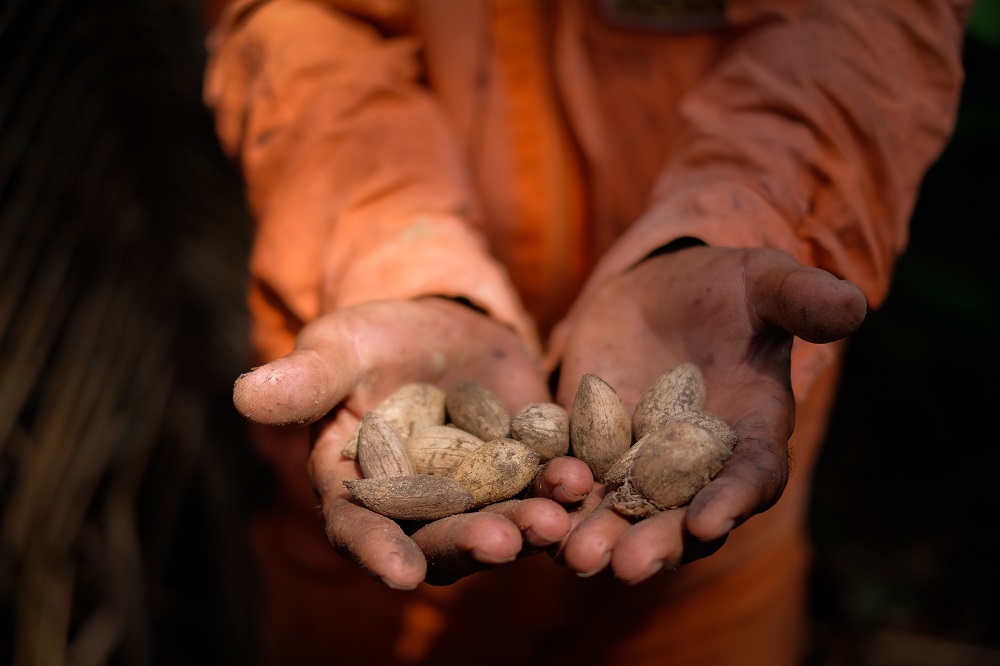It is impossible not to link Natura’s brand with sustainability. In almost 50 years of existence, the Brazilian cosmetics multinational has built a reputation for treating the environment, suppliers and customers responsibly. It is evident through the company’s many actions, from promoting the biodiversity of the Amazon, where many of the raw materials used to make its products come from, to campaigns celebrating the diversity of women’s beauty.
Natura has the best reputation of any corporation in Brazil, according to a survey of businesspeople, journalists, financial analysts and other participants conducted by the Spanish Consultancy Merco. One of the most recent and relevant moments of recognition for Natura was its B Corp certification in 2014.
The accreditation is awarded by the American group B-Lab, a non-profit organization auditing companies’ relationships with the environment, employees, customers and the community, as well as their corporate governance practices. “It is a complex process that considers the whole system of a brand,” says Janice Alves Rodrigues, sustainability manager at Natura. “The result is that the company is compelled to constantly re-evaluate its practices.” B-Lab’s process offers a way of realigning itself with the vision that has always existed, she says. “Since the beginning, we have had a commitment to ensure sustainable extraction of our raw materials from the Amazon region and ensure economic development for suppliers and a decent income for 1.8 million sales consultants in Latin America.”

Janice Alves Rodrigues, Natura’s sustainability manager: Certification led to the creation of global diversity goals and an external audit system for its suppliers in the Amazon region (Publication/Natura)
Natura had a turnover of R$7.9 billion reais (US$3 billion dollars) in 2016. Today, the company is the largest enterprise and the only one with shares traded on the Stock Exchange to be certified by the B Corp. In 2017, the company was reevaluated (a process that is mandatory in order to maintain certification) and its score increased by 11 percent. Rodrigues tells Believe.Earth why economic growth can be linked to the generation of environmental and social benefits.
Believe.Earth (BE) – What did Natura learn from the certification process in B System?
Janice Rodrigues (JR) – It was an opportunity to look inward and improve. The first evaluation, in 2014, was a warning: many improvement opportunities were included in a strategic plan. We then partnered with UEBT [Union for Ethical Biotrade] to create an external audit system for our Amazon supply chain. We’ve been working with these suppliers for 25 years, always seeking a balance in our relations with the environment and communities. But the B certification prompted the partnership with UEBT, which enabled us to create a traceability system, monitoring the fairness of prices, conservation of biodiversity and respect for labor laws. We have also expanded our goals of diversity and inclusion to all countries in which Natura operates. We have always had diversity as a value, but B System has provided the opportunity to create a global policy in this direction, setting, for example, goals for increasing the number of women in leadership positions. Today, women account for 60 percent of all of our employees, 47 percent of management and 35 percent of top management. Our goal is to achieve 50 percent female leadership by 2020. We also took a look at how we were doing on hiring people with disabilities (PWDs). The law requires that at least 5 percent of a company’s staff be PWDs, but our goal is to reach 8 percent by 2020. The diversity guidelines are not only applicable to Brazil, but to all countries where Natura is present.
BE – Was there an impact on the relationship between the company and its stakeholders?
JR – Yes. When we received our certification, we changed our rules to make even clearer that our activity must generate benefits for society. This action was even announced at our meeting with investors. In relation to our most important consumers, we believe that they are now more engaged in consumer habits that represent their personal values. The enhancements prompted by the certification help us to connect the company’s purpose to the beliefs of individuals who are now much more aware of it.

Region of médio Juruá in Amazonas, where the raw materials for Natura products are extracted (Otavio Pacheco/Natura)
BE – Has the market become more careful about sustainability?
JR – I’ve been working at Natura for 14 years and regardless of the sector, companies are looking at their business models and seeking to reinvent themselves, to grow in a way that is socially and environmentally responsible. This trend reflects not only the concerns of consumers and shareholders, but an urgent need of humanity. We are living in a scenario of scarce resources and climate change. Consumers are therefore attentive to business processes, seeking more and more transparency.

